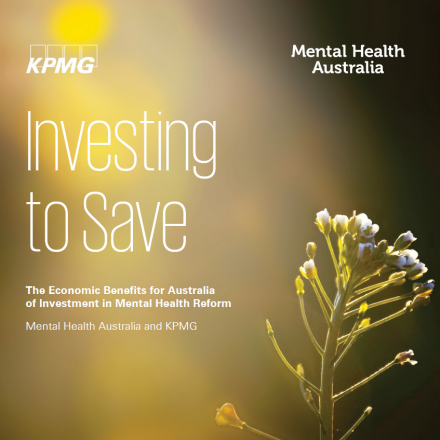CEO Update - Online safety skills for the iGen and younger
This week we celebrated Safer Internet Day - #SID2018 – a global initiative in more than 130 countries championed by the Office of the eSaftey Commissioner. An initiative which highlights that our Government and our community are taking this matter seriously, are listening to the experts, and are acting.
Launching the day at Parliament House on Wednesday, Prime Minister Malcolm Turnbull MP joined Reachout CEO Jono Nicholas to highlight how digital skills are now just as important as road safety skills for this generation. The iGen and younger - who are all online, and all in need of guidance.
Half a world away in the UK, the BBC, launched their own #LikeMinded campaign for the month of February, exploring social media’s impact on mental health and well-being – seeking solutions for a happier, healthier experience on these platforms.
While in Silicon Valley California, the home of the ‘Like’ button, a group of former employees at Facebook and Google (including the very employee who created that button) ramped up their intentions to challenge the ethical nature of smartphones and social media, and just what they’re doing to our children. The estimated 3.8 million Australian children who went back to school over the last week or so.
Heavily promoting, advertising and selling soft drink to children was the norm for a very long time in the Western world. So normal in fact that advertising campaigns took on nostalgic proportions and, like the best advertising can do, became part of the social fabric. Any child of the 60s, 70s or 80s will remember the ubiquitous YoYo, and more than likely the red and white logo on the side of it.
It was decades until the negative health effects of excessive soft drink consumption on the young were recognised, and the fight is still on to counterbalance the avalanche of advertising that turned brands into icons.
It also took time for governments around the world to begin to legislate against such highly targeted advertising, just like they’ve done with smoking, with poker machines and with alcohol. All health related. All addictive.
Even an early investor in Facebook recently stated that they knew they were creating something people would become addicted to, and ‘God only knows what it’s doing to our children’s brains.’ Easy to say once the damage is done.
But the impact of social media is not even a decade old, and is still intensifying. And as experts will attest, its true impact on the mental health and well-being of our young in particular is largely unknown. Unknown because those brains are still growing, still learning, and still so very impressionable.
And that’s the challenge for Reachout, Beyondblue, Headspace and many other organisations around Australia trying to help our young navigate this new world. A challenge that our Government is increasingly aware of as well too. Trying to educate children, their parents and teachers about what’s safe online, and what’s not.
Maximising the benefits of connection, and minimising the harmful effect through better patterns of use.
This debate is not as clear cut as the soft drink debate, because there are obviously benefits to the online world, and being connected in such a way, but as with many things, education then moderation appears to the best formula.
Warm regards,
Frank Quinlan
CEO, Mental Health Australia




